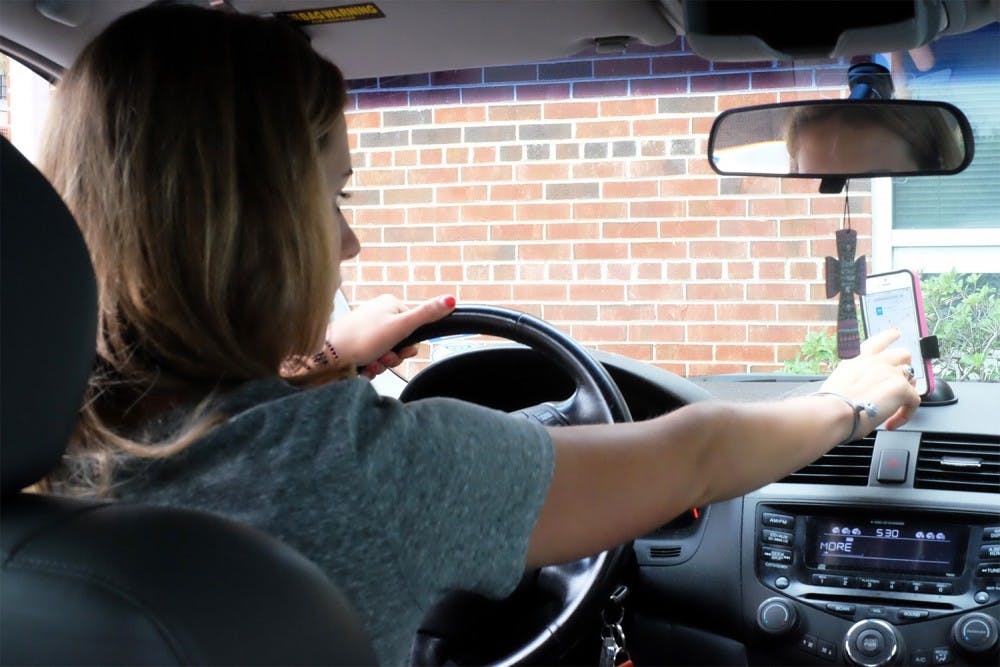The N.C. Senate bill, which takes effect Oct. 1, mandates a state permit, driver background checks and maintenance of liability insurance for individual cars. It also requires a $5,000 annual permit from the N.C. Department of Transportation.
Companies are now legally obligated to disclose fee calculation methods and provide an estimated fee before a passenger makes a ride request. They must then send an electronic receipt to the customer that includes the location start and end and total time and distance of service — something many Uber, Sidecar and Lyft riders are already accustomed to.
Arathi Mehrotra, general manager for Uber in the state, said the bill upholds driver background checks, as well as $1.5 million in liability insurance — both of which have been accounted for since Uber’s N.C. launch in 2013.
Kaitlin Durkosh, Uber spokeswoman, said North Carolina joins a line of more than 20 other states that have adopted similar frameworks.
Sen. Floyd McKissick Jr., D-Durham, one of the bill’s sponsors, said the N.C. model has a greater level of insurance coverage than the model Uber generally operates under as a company.
“The law is appropriating regulations while allowing an innovative model for transportation service,” he said. “It is an appropriately balanced regulatory scheme.”
McKissick also said taxi drivers might want to consider becoming Uber drivers. “It is a simpler model to give up the taxi and drive an Uber; they have greater flexibility,” he said.
Airports in Charlotte, Raleigh, Durham and Wilmington were involved in negotiations alongside banks to determine new regulations.



